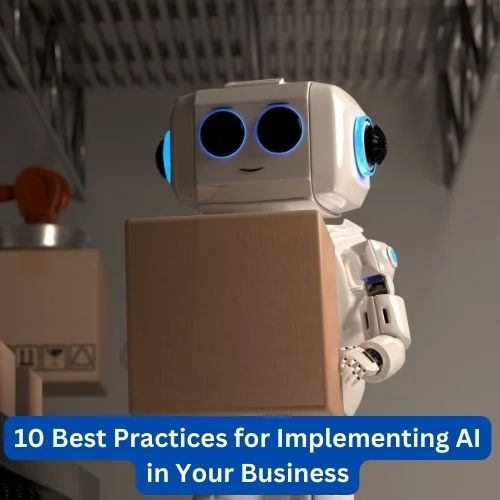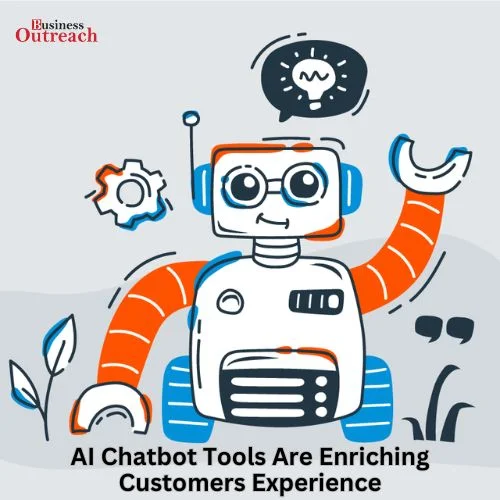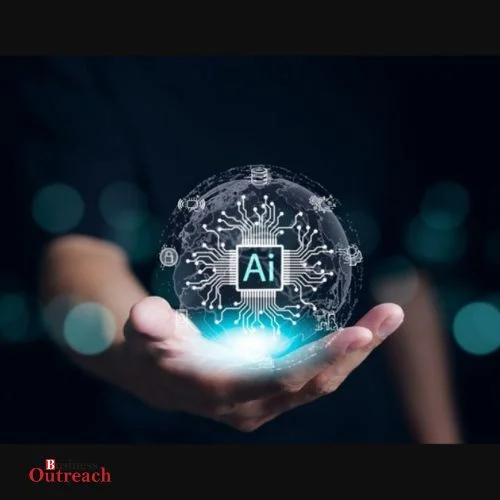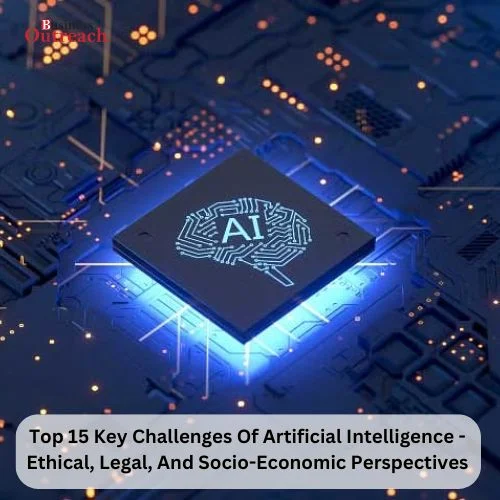Introduction:
In a surprising turn of events, OpenAI’s CEO and co-founder, Sam Altman, recently stepped down from his position, leading to a significant shakeup within the organisation. However, Altman and Microsoft CEO Satya Nadella have expressed their commitment to ensuring the continued success of OpenAI through a strategic partnership. This article explores the details of this partnership and the implications of Altman’s departure.
Leadership Transition and Microsoft Partnership:
On Friday, Sam Altman abruptly resigned from his role as CEO and board member of OpenAI, citing a lack of confidence from the board in his leadership abilities. The departure sent shockwaves through the technology industry, considering Altman’s pivotal role in the development of OpenAI, the organisation behind ChatGPT. However, Altman, along with Greg Brockman, another co-founder, and colleagues, is set to join Microsoft to lead a new advanced AI research team.
Microsoft CEO Satya Nadella expressed confidence in the partnership, emphasizing the shared commitment to OpenAI’s success. The collaboration aims to provide continuity of operations to OpenAI’s partners and customers. Nadella reassured stakeholders that Microsoft remains dedicated to the existing partnership, highlighting their confidence in the product roadmap and commitment to innovation.
Strategic Goals of the OpenAI/Microsoft Partnership:
Sam Altman, in a social media post, outlined the top priority shared by him and Satya Nadella – ensuring OpenAI’s continued thriving. The partnership with Microsoft is seen as a strategic move to achieve this goal. Altman mentioned that the collaboration makes it feasible to maintain operations seamlessly. This strategic alignment aims to leverage Microsoft’s resources and expertise to propel OpenAI forward in the rapidly evolving field of artificial intelligence.
Background of OpenAI and Leadership Changes:
Originally founded as a nonprofit organisation in 2015, OpenAI aimed to prevent the concentration of advanced AI in the hands of monopolistic corporations. However, a significant investment from Microsoft in 2019 prompted OpenAI to shift to a for-profit structure. Since then, OpenAI has been at the forefront of AI development, with ChatGPT gaining widespread recognition.
The recent leadership changes, with Altman’s departure and Greg Brockman stepping down as the chair of the board, indicate a shift in the organisation’s dynamics. The board’s deliberative review process concluded that Altman’s communication inconsistencies hindered its ability to fulfil its responsibilities. Despite these changes, OpenAI remains poised for continued innovation and growth under Microsoft’s support.
Outlook and Future Collaboration:
In articulating Microsoft’s dedication to supporting the clientele and associates of OpenAI, Satya Nadella conveyed an unwavering commitment. This collaborative endeavor extends its scope beyond the figures of Altman and Brockman, with Microsoft eagerly anticipating a symbiotic engagement with Emmett Shear, who has assumed the role of OpenAI’s interim Chief Executive Officer. The imminent confluence of minds between the nascent leadership cadre at OpenAI and Microsoft holds the prospect of propelling the frontiers of artificial intelligence research and amplifying the landscape of developmental pursuits.















